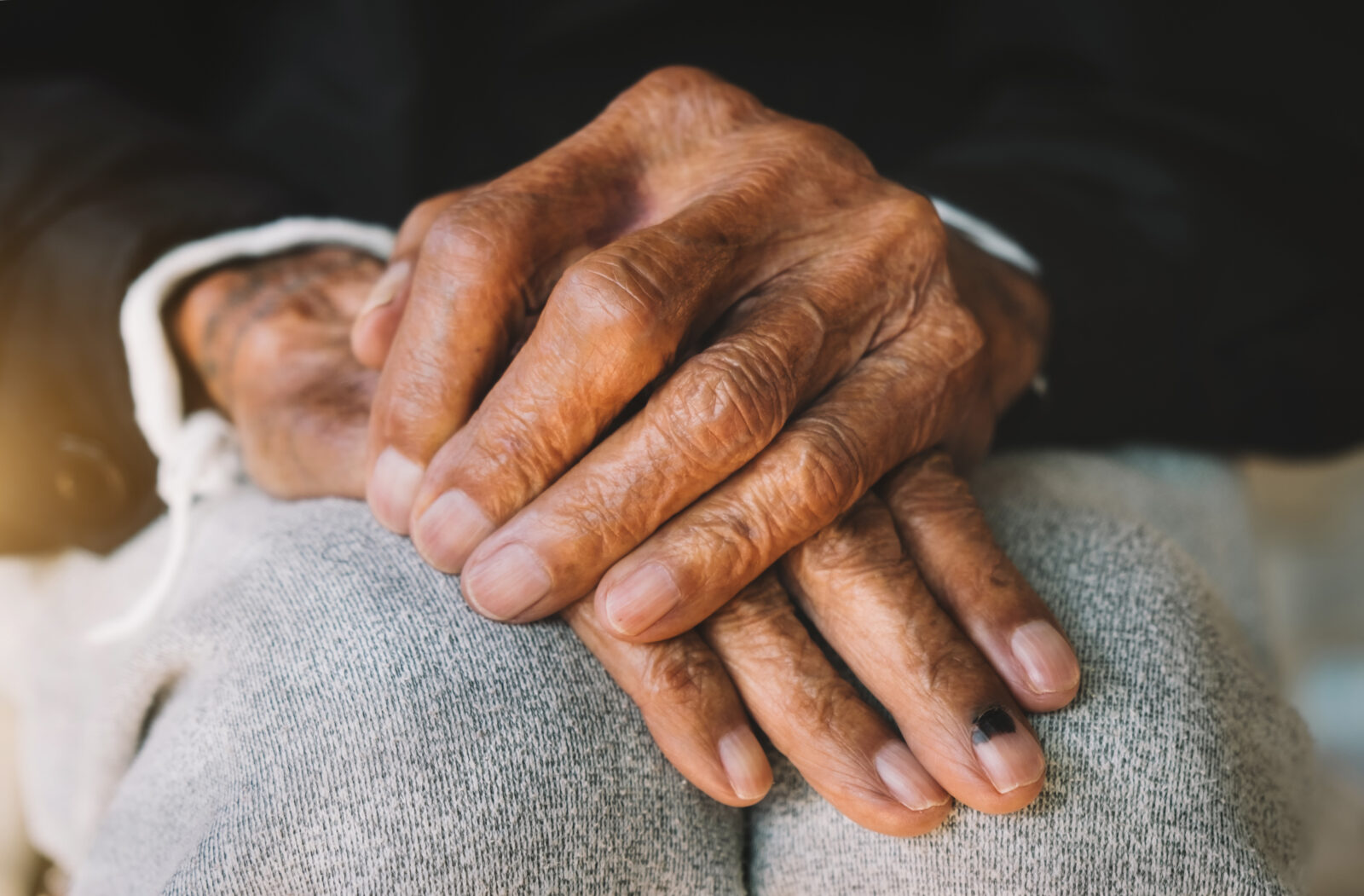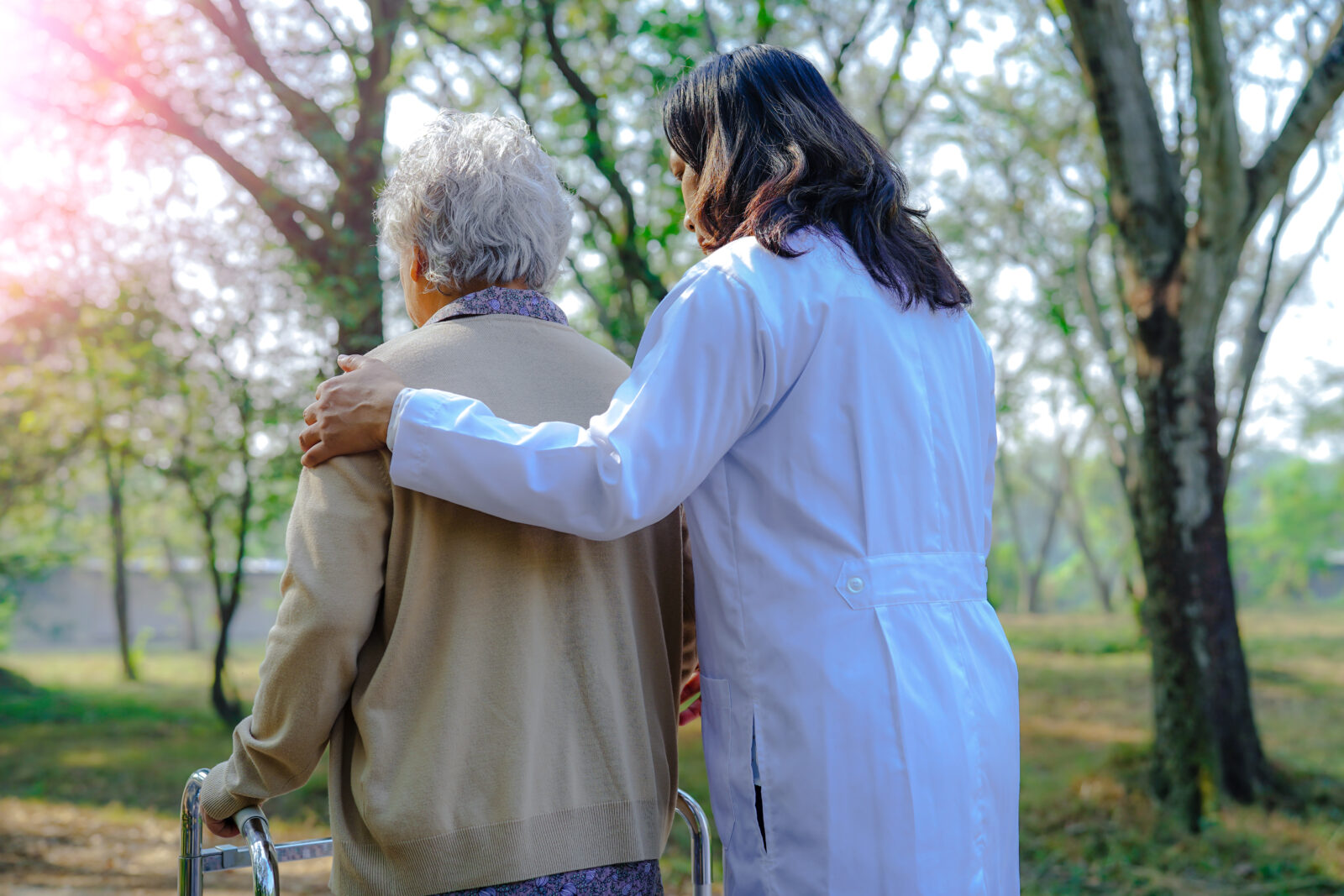Recent studies have indicated that humanity might have hit the upper limits of life expectancy. Although medical advancements and healthier lifestyles in the 19th and 20th centuries significantly increased human lifespan, the pace of progress has begun to slow down.
This trend, evident in several countries with the longest-living populations, raises critical questions about the future of human longevity and the care of an aging population.
Life expectancy growth slows down despite ongoing medical advancements
A study from the University of Illinois Chicago (UIC) found that life expectancy in countries such as Japan, Australia and Switzerland has only risen by six and a half years since 1990.
This increase is a significant departure from the rapid improvements witnessed during the 20th century. S. Jay Olshansky, a professor at UIC, noted that “most people alive today at older ages are living on time that was manufactured by medicine.”
While there have been breakthroughs in healthcare, he pointed out that “medical advancements are producing fewer additional years.”
The study, published in Nature Aging, focused on life expectancy trends from 1990 to 2019. Contrary to earlier predictions of continual increases in longevity, the data revealed that aging itself has become a greater barrier.
“We are squeezing less and less life out of these life-extending technologies. And the reason is, aging gets in the way,” Olshansky explained.

Türkiye’s growing elderly population and the push for protective laws
In Türkiye, the aging population has sparked concern, particularly around the protection and well-being of older citizens.
Professor Emine Ozmete, the dean of Ankara University’s Faculty of Health Sciences, reported a 22.6% increase in Türkiye’s elderly population over the past five years, reaching 8.45 million individuals in 2022.
A recent public opinion survey, titled “The Perception of Aging and Personal Issues Among Those Aged 60 and Over,” conducted by the Türkiye Human Rights and Equality Institution (TIHEK), revealed important insights.
TIHEK Chairman Suleyman Arslan stressed the urgent need for a specific law to safeguard the elderly.
“We believe that introducing a law that prioritizes the needs and issues of the elderly is crucial,” Arslan stated.
He further emphasized that existing legal frameworks in Türkiye do not sufficiently protect elderly rights, calling for Türkiye to lead efforts in establishing an international convention to address elderly care globally. “As a nation, we must take the initiative in drafting and promoting such a global convention,” Arslan remarked.

Survey results highlight elderly concerns
TIHEK’s survey, conducted across 71 cities with over 5,600 elderly respondents, uncovered several concerns about the perception and treatment of the elderly in Türkiye. Some key findings from the survey included:
- 51% of respondents fully agreed that the needs of the elderly should be considered just as important as the needs of younger generations.
- 68% of participants reported that they could manage their financial resources according to their wishes, though 24% said they could only partially do so.
- 88.5% stated that they had not experienced any offensive comments related to their age from family or community members.
- 90% indicated that they had never experienced physical harm, such as pushing or hitting, from family or friends.
However, the survey also revealed that a notable portion of elderly individuals continue to feel marginalized. Approximately 10-20% of respondents reported experiencing social exclusion, highlighting the ongoing need for greater inclusion and respect for the elderly.

Experts suggest shift in focus from longevity to quality of life
Instead of focusing solely on extending life, researchers like Olshansky advocate for improving the quality of life in old age. He called for more attention to “healthspan” – the number of years a person remains healthy, not just alive.
Olshansky believes that investment in geroscience, the biology of aging, could offer new opportunities for slowing the aging process and improving overall health in old age. “There’s plenty of room for improvement,” he noted, adding, “We can push through the glass health and longevity ceiling with efforts to slow the effects of aging.”
The findings from both the global research and Türkiye’s TIHEK survey indicate that although life expectancy may not rise as significantly as previously believed, the quality of life for the elderly can and must be enhanced.
Ensuring their rights, promoting social inclusion, and addressing financial security are crucial steps toward fostering a supportive environment for an aging population.
